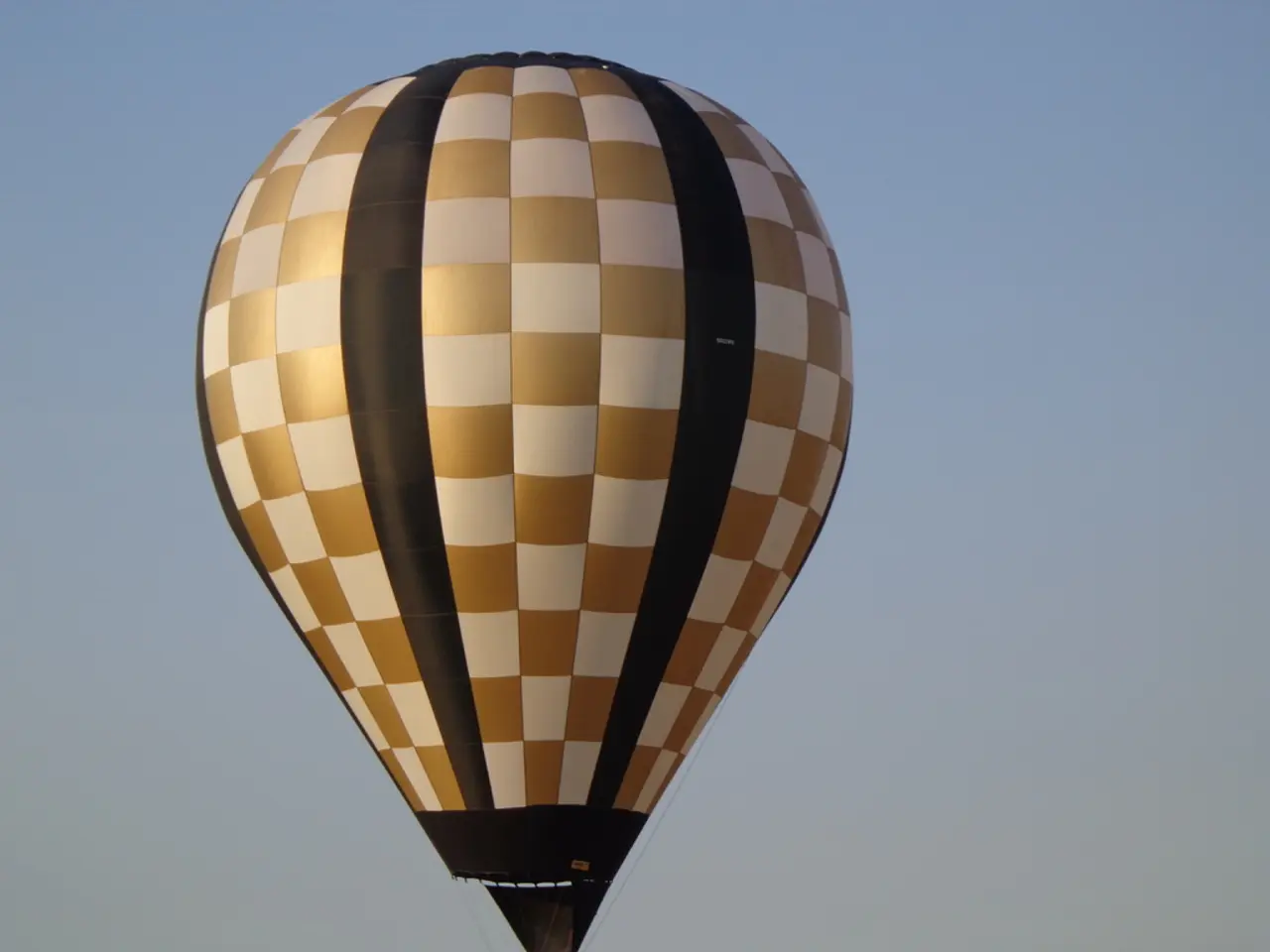Russia's gas supply to Europe halts due to ongoing disputes with Ukraine
As the five-year gas transit agreement between Naftogaz and Gazprom comes to an end, the halt of Russian gas transit to Europe has raised concerns about potential vulnerabilities in the EU's energy supply chain. However, the European Commission has assured that Europe's gas system is resilient and flexible enough to adapt to the cessation of gas transit through Ukraine.
The EU has managed to significantly lower its gas imports from Russia since the beginning of the full-scale invasion of Ukraine in 2022. Countries like Slovakia and Austria still import considerable quantities of gas from Russia, but the overall impact on EU gas security has been limited thanks to proactive measures and diversification efforts.
The end of the gas transit agreement has led to significant shifts in European gas imports, with about 14 billion cubic meters per year of Russian gas transit via Ukraine ceasing. This has contributed to an ongoing decline in Russian pipeline gas supplies to Europe due to earlier sanctions, payment disputes, and pipeline sabotage incidents. The loss of this traditional supply corridor has further pressured gas markets and necessitated infrastructure adjustments.
To mitigate these impacts, Europe has implemented several alternative solutions. These include substituting lost Russian gas volumes with increased LNG imports from diverse suppliers, such as the United States and Algeria, and increasing LNG terminal capacities. Strategic deals with Algeria remain crucial, especially for Spain and Portugal, in maintaining gas imports amid geopolitical tensions.
Enhanced gas storage filling targets have also been implemented to improve buffer capacity against supply shocks. Boosting non-Russian pipeline imports via alternative routes has been another key strategy. Intensified energy efficiency policies, renewable energy deployment, and voluntary demand reduction campaigns have helped moderate gas demand and improve overall energy resilience within the EU.
Transit routes to specific regions like Kaliningrad are also adapting. Lithuania's transit contract with Russia is set to expire in late 2025, but alternative supply sources like LNG regasification tankers are increasingly offsetting declines in transit volumes.
In summary, while the termination of Russian gas transit via Ukraine marked a significant disruption, the EU's strategic diversification—including LNG procurement, alternative pipelines, and strong energy policies—has limited the negative effects on European gas supply security. This transition underscores Europe's ongoing effort to reduce dependency on Russian gas and enhance energy resilience through multiple pathways.
Ukrainian President Volodymyr Zelensky stated that Ukraine would not allow Russia to "earn additional billions on our blood." Meanwhile, several eastern member states of the EU still rely heavily on gas imports from Russia, which account for approximately €5 billion ($5.2 billion; £4.2 billion) in annual revenue for Russia. In 2023, Russian gas constituted less than 10% of the EU's gas imports, a drastic drop from 40% in 2021. The EU's lower reliance on Russian gas since 2021 indicates a shift towards diversifying energy sources.
- The ongoing shifts in European gas imports are not only due to the cessation of pipeline gas supplies from Russia but also the EU's proactive steps in diversifying its energy sources, which include increasing LNG imports from suppliers like the United States and Algeria, among others.
- The significant reduction in Russia's gas imports to the EU since 2022, with gas constituting less than 10% of the EU's total imports in 2023, is indicative of the EU's efforts to reduce its dependency on Russian gas, following the full-scale invasion of Ukraine in 2022.
- Despite the end of the gas transit agreement between Naftogaz and Gazprom, the ongoing war-and-conflicts and geopolitical tensions have not deterred the EU from pursuing its energy diversification strategies, as shown by the increased emphasis on renewable energy deployment, energy efficiency policies, and voluntary demand reduction campaigns.




